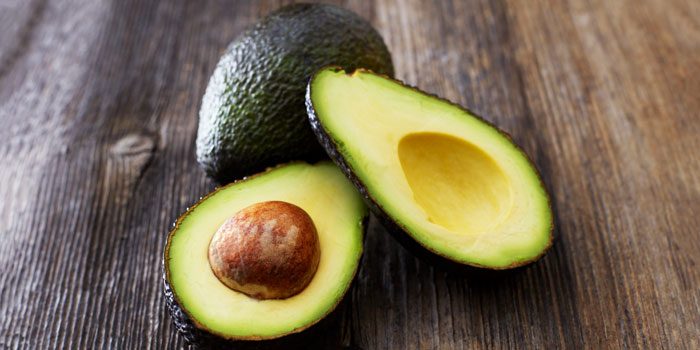Most likely, your first impression of an avocado is of a creamy bowl of guacamole or a delicious slice on toast. However, did you realize that the word “avocado” in English has a funny origin?
Millions of people in Mexico still speak the Nahuatl language, which dates back to the Aztecs. The Nahuatl word for avocado, āhuacatl, meant more than just the fruit. Drawing inspiration from the avocado’s shape and the way the fruits frequently hung in two, it also meant “testicle.” According to others, this association even led the Aztecs to view avocados as natural aphrodisiacs.
We have more than just “avocado” from Nahuatl. Words like “chocolate,” “coyote,” and “tomato” were also adopted from this rich, ancient language and used in English. A bit of history, culture, and a reminder of how indigenous voices have influenced our world are contained in every syllable.
Today, Nahuatl’s beauty is being preserved by painters like as Mardonio Carballo. In order to honor indigenous heritage and fight against cultural erasure, Carballo, a well-known poet and journalist in Mexico, utilizes the language in his writing. He incorporates yolotl, which means both “heart” and “sadness,” and other profound, emotive Nahuatl metaphors into contemporary tales of identity and adversity.




















































